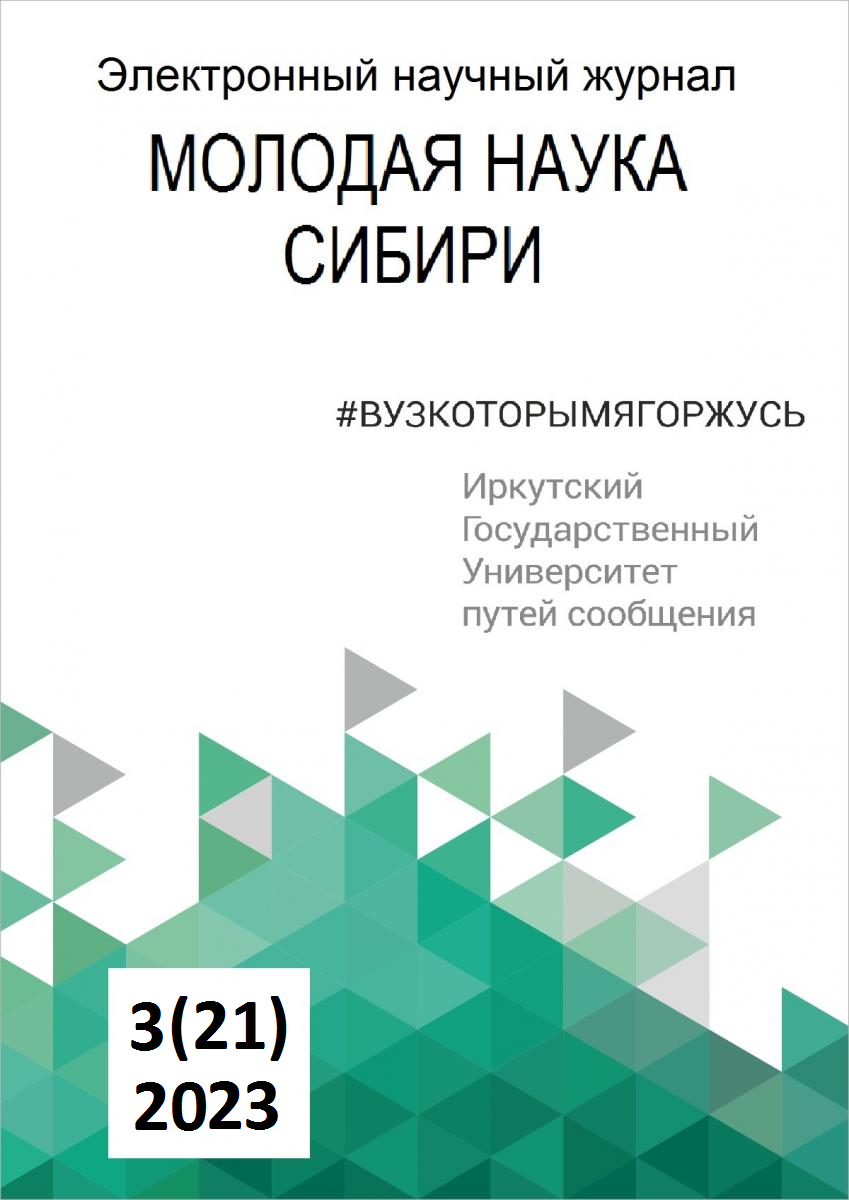ANALYSIS OF THE POSSIBILITIES OF USING THE "FLIPPED CLASSROOM" MOD-EL IN THE PROCESS OF TEACHING THE DISCIPLINE "FOREIGN LANGUAGE" (IN THE PRACTICE OF A PROFESSIONAL EDUCATIONAL ORGANIZATION)
Keywords:
Flipped Classroom, educational motivation, college studentsAbstract
The study of foreign languages in the modern world is not only of great social importance for international cooperation, but is also a sign of modern civilization, a way of forming a new personality more adapted to rapidly changing living conditions. The requirements for the content and conditions of studying and teaching foreign languages are also changing, and the responsibility of all participants in educational relations for the quality of achieving the planned results is increasing. The GEF sets new benchmarks in achieving these results. A foreign language is currently considered not only as a means of communication with representatives of other cultures, but also as a tool for cognition, obtaining information, expanding the knowledge fund in other fields. An important result of studying foreign languages should be the awareness of graduates of the close connection between the mastery of foreign languages and their own personal, social and professional growth. The article attempts to present the possibilities of using the model "Flipped Classroom" in increasing the educational motivation of students of a professional educational organization as a way to achieve educational results and as a joint educational activity. The author presents the characteristics of the modern technology "Flipped Classroom" used in practice, and argues the relevance of using this model. Focuses on the main features of the "Flipped Classroom" model, which influence the choice of formative assessment techniques and the nature of their use. The author gives examples of the use of techniques in the study of grammatical and lexical material. Also in the article, the author gives a description of the advantages and difficulties of using the "Flipped Classroom" model from the position of students of the vocational school and the teacher.
References
Тимофеева О. М., Соловьева, К. В. Модель «перевернутый класс» как компонент технологии смешанного обучения английскому языку в средней школе. Поволжский педа-гогический вестник. 2022. № 1 (34).
Horn M. B., Staker Н. Blended: Using Disruptive Innovation to Improve Schools. San Francisco: Jossey-Bass, 2014. URL: http://hozekf.oerp.ir/sites/hozekf.oerp.ir/files/kar_fanavari/manabe%20book/Thinking/Blended_%20Using%20Disruptive%20Innovation%20to%20Improve%20Schools. pdf (дата обращения: 21.04.2023).
Bergmann J., Sams A. Flipped learning: gateway to student engagement. Moorabbin: Hawker Brownlow, 2015. 169 р. URL: https://www.pedocs.de/volltexte/2017/14943/pdf/cepsj_2017_3_PleaecGasparic_Rezension_Bergmann_Flipped_learning.pdf (дата обращения: 22.04.2023).
Еловская C. B., Черняева, Т. Н. Интерактивное обучение в высшем образовании // Известия Саратовского университета. Новая серия. Серия: Акмеология образования. Психо-логия развития. 2019. Т. 8. № 1. С. 83.
Glaboniat M. «Alles auf den Kopf gestellt und ab jetzt noch digital?» Chancen, Herausforderungen und Grenzen des digitalen Sprachenlernens, -lehrens und Sprachenbeurteilens. Vortrag auf der 7. Tagung von ÖSD (Österreichisches Sprachdiplom) am 21.02.2021. URL: https://www.youtube.com/watch?v=RxYdoVOH4rk (дата обращения: 21.04.2023).
Deci E. L., Ryan R. M. The «What» and «Why» of Goal Pursuits: Human Needs and the Self-Determination of Behavior // Psychological Inquiry. 2000. Vol. 11. No. 4. 227-268. URL: https://selfdeterminationtheory.org/SDT/documents/2000_DeciRyan_PIWhatWhy.pdf (дата обра-щения: 27.04.2023).
Nimmerfroh M.-C. Flipped Classroom // Der DIE-Wissensbaustein für die Praxis. 2016. URL: https://www.diebonn.de/wb/2016-flipped-classroom-01.pdf (дата обращения: 21.04.2023).
Давлатова М. А. Как меняется деятельность учителя при проектировании урока в рамках смешанного обучения? // Отечественная и зарубежная педагогика. 2021. № 5. URL: https://cyberleninka.ru/article/n/kak-menyaetsya-deyatelnost-uchitelya-priproektirovanii-uroka-v-ramkah-smeshannogo-obucheniya (дата обращения: 27.04.2023).


